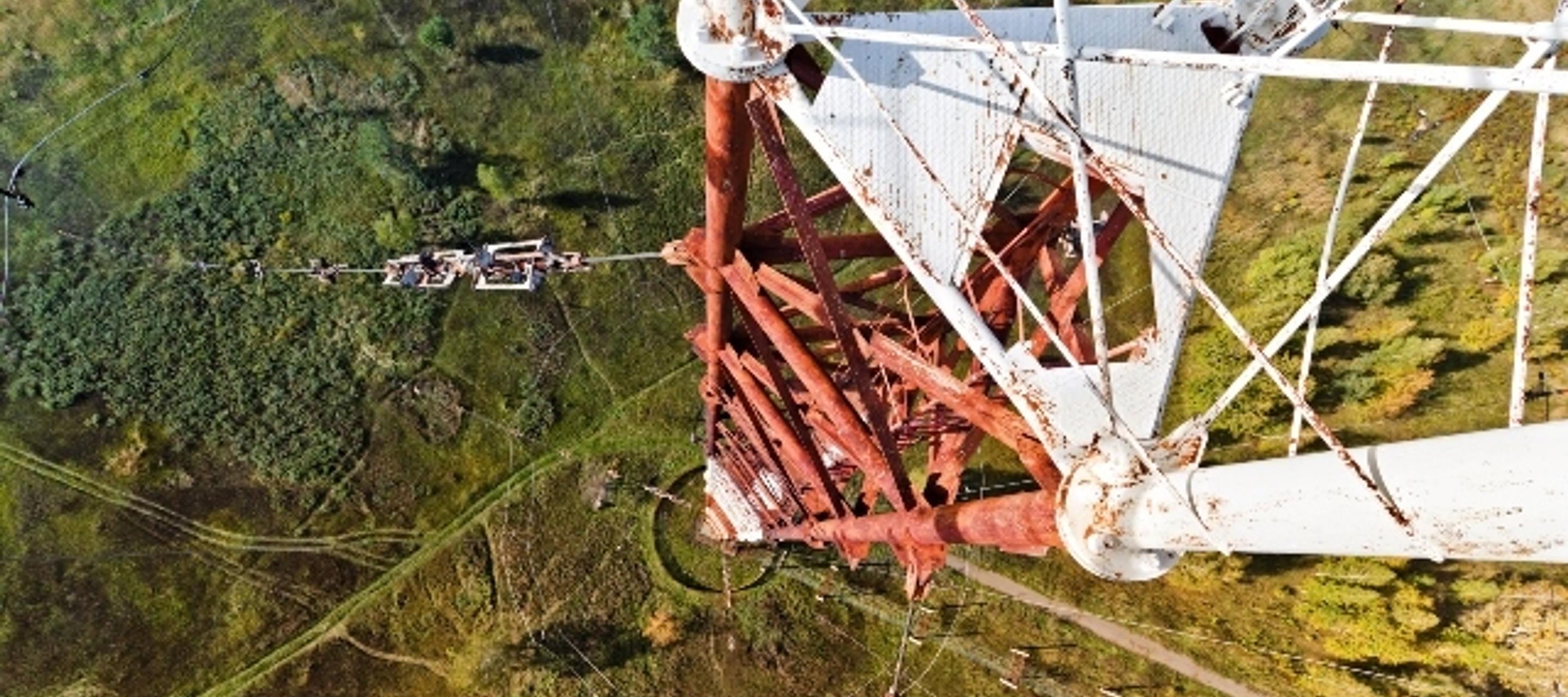Collective Action Needed to Defend the Defenders
29 May 2019

Companies that take their responsibility to respect human rights seriously understand the crucial role human rights defenders play in campaigning to make society more transparent, inclusive, and based on the rule of law.
Some companies have begun raising their voices publicly, and many more have intervened in private to support individuals and organisations who call out rights abuses and seek justice for victims.
But despite such steps, human rights defenders face an environment that is increasingly hostile, with the space for their activities shrinking in many parts of the world. UN experts are warning year on year of disturbing attacks on defenders who challenge states and businesses involved in abuses, and are speaking out collectively on growing threats they see against human rights defenders.
Human rights defenders face an environment that is increasingly hostile, with the space for their activities shrinking in many parts of the world.
We at IHRB have worked closely with several organisations that focus on defending the rights of human rights defenders. Their diverse activities point towards common goals of maintaining space for peaceful civic activism, ensuring companies operate in a lawful manner within states that protect human rights, and making sure economic activity is not undertaken at the expense of the rights of individuals and communities. But these goals require renewed commitment.
From Why to How
Next week, we are convening representatives from companies, governments, civil society organisations, and individual defenders at Wilton Park in the UK to examine growing threats to human rights defenders today, and explore ways in which we can make progress.
We have learned over the years that there is a business case for broadening civic space, respecting the rule of law, and supporting freedom of expression and dissent. We know that businesses and rights activists have a common interest in protecting and widening the ‘shared space’ that is under attack by autocratic political leadership, fundamentalist ideologies, the prevalence of less responsible business interests, and complacency or ignorance among the populace.
Business has a critical role in play in defending this shared space by:
- Aligning company activities with international standards and being accountable for their own conduct. Stakeholder dialogue loses legitimacy in contexts where individuals and their representatives are not free to voice dissent and criticism. Businesses must allow civil society to hold them to account.
- Allowing others to be held to account. Businesses have the responsibility to use and build leverage in situations where they are contributing to or are directly linked to harms. Leverage is about changing the behaviour of others – be it government or less responsible businesses.
- Linking corporate commitment to broader aims like the UN Sustainable Development Goals to human rights. Businesses should take a more proactive role in making the case that economic and social development isn’t possible over the long term without ensuring civic freedoms and respect for the rule of law.
There is a business case for broadening civic space, respecting the rule of law, and supporting freedom of expression and dissent.
These seem like straightforward recommendations but the realities on the ground in many countries can cloud such conceptual clarity.
Finding Common Ground
Too often, businesses say they can’t be sure who is a legitimate human rights defender and who isn’t. With dissent being criminalised in some countries, the charges levelled against those who speak out against state or corporate abuse are grave and serious. Sometimes governments press such charges precisely to undermine the standing and reputation of defenders.
To be sure, there are instances where rights defenders may face credible allegations of committing criminal acts, or are alleged to have been corrupt or abused the rights of others. What should a company’s due diligence process look like in such a context?
Equally challenging, global corporate commitments aren’t always implemented consistently in certain local contexts. This is part of a larger pattern, where companies say local practices and culture prevent them from abiding by international standards. This is a fair argument, but only up to a point.
It is also the case that business managers on the ground have a lot of discretion, and engaging with or supporting the work of human rights defenders might not be a priority for local managers in many settings. Country managers are often highly networked with local governmental officials, police/military, business partners as well as civil society, and might also be highly conflicted. What are the appropriate actions for any business to take in such scenarios?
What is the scope for collective action to address threats to civic activism and provide greater support to rights defenders?
There are other challenges too: When should specific interventions be public and when should they be private? What is the scope for collective action to address threats to civic activism and provide greater support to rights defenders?
Answering these and other questions will require more work to understand the current state of play and to build on specific actions across a number of areas including:
- Supporting companies' responsibility to respect human rights by developing sharper understandings of the relationship between defenders and specific business operations in different contexts around the world and to act accordingly;
- Making the full use of all possible governmental and corporate leverage, and building collective action involving or focused around the work of individuals and organisations that promote human rights;
- Involving human rights defenders strategically in broader governmental policy development around business and human rights – such as National Action Plans, National Contact Points, the work of Export Credit Agencies and the development of national legislation.
This is an incomplete list. We hope our Wilton Park meeting next week will help advance the discussion and bring all actors closer together on constructive ways forward. We believe proposals for joint action can help prevent crucial civic space from shrinking further and can provide greater resilience to all those who care for human rights and are committed to standing on common ground.





